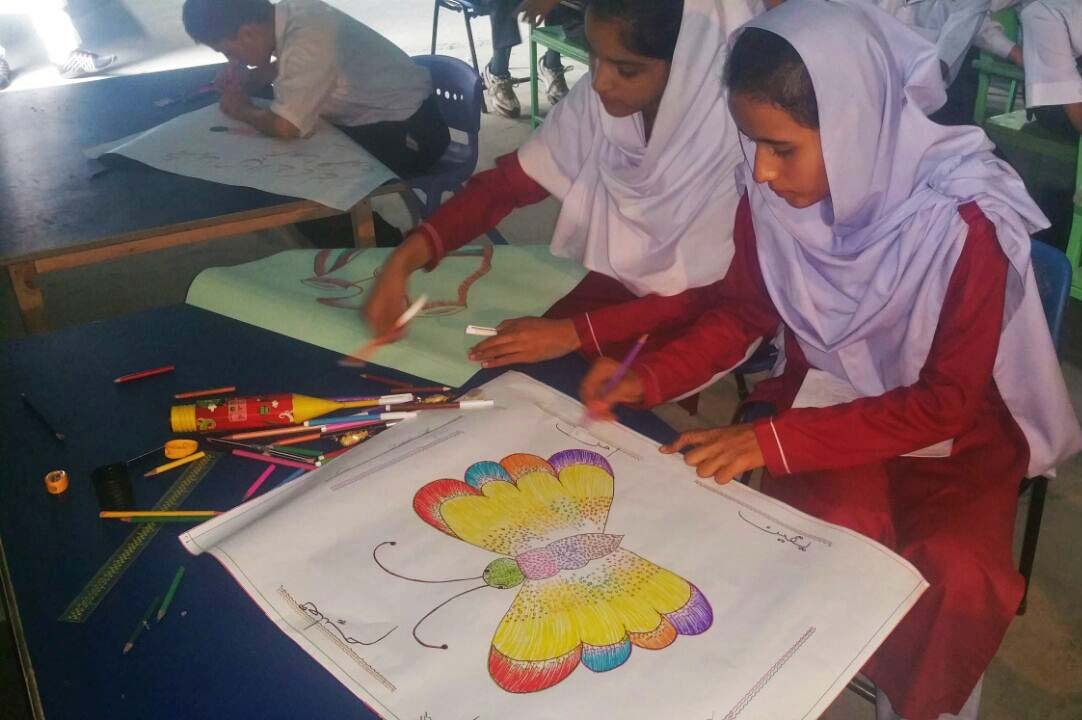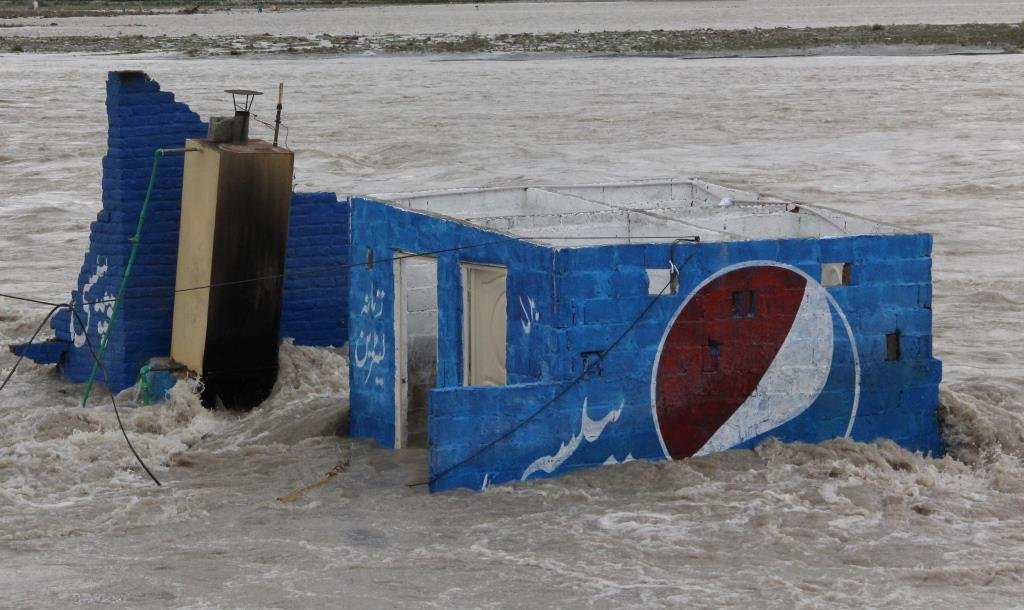By Our Correspondent
SHANGLA: Centre for Peace and Development Initiatives (CPDI) launched report on ‘Study of Budget Making Process at District level in Khyber Pakhtunkhwa.
The study aims to analyze the processes of budget making at district level and to highlight the status of compliance with the timelines provided in the Budget Rules 2016.
Empirical data has been collected from all districts through a network of Civil Society Organizations (CSOs) from all districts to determine it. The purpose of this exercise is to determine the level of public participation in the budget making process and also to help the CSOs in identifying the gaps in the process.
Shamsul Hadi Provincial Coordinator KP of Centre for peace and Development Initiatives (CPDI) said that Budget was the most important policy document of the government. “In the modern day state policies are supposed to be formulated through active public participation. The federal and provincial budgets are hotly debated in both provincial and national assemblies and discussed in electronic/print media, however, the district budgets are approved in quiet isolation,” He said, adding that the KP Assembly should present budget in the month of April to ensure proper debate on the budgetary allocations in the public sectors.
He said that Budget making was a continuous process and the study revealed serious mismanagement on the part of district government regarding meeting timelines, following the budget rules, transparency and public participation. “The district governments failed to include stakeholders in the budget making process,” he said.
These consultations are mandatory according to the budget rules and would have provided a chance to the stakeholders to express their opinion and get a feeling of being included. Peoples’ inclusion in the process of governance is an important step to restore the confidence of the people in democratic process. The districts which claimed to have pre-budget consultations did it mainly with district officers and elected representatives thus altogether ignoring the definition of stakeholders as defined in District Budget Rules, 2016.
The study showed that only 10 districts had issued BCL till November 15 and there were 17 districts which did not issue BCL as late as March 31. Consequently, only eight districts were able to approve its budget before June 30, 2016.
Districts performance in term of transparency and sharing of the information with public was not enviable at all. Only nine districts have their functional website. Amongst them, only3 districts posted budget of the last 3 years on their website.
None of the district was able to issue pre-budget statement. Further, there was no precedent in districts to issue citizens budget. The citizens’ budget was an important document issued mainly for the consumption of citizens so that they could understand the budget in jargon-free and easy to understand language. The study also pointed out the poor situation of budget branch in term of human resource. The collective sanctioned strength of budget branch of all the districts was 190 whereas only 127 vacancies were filled and 63 were vacant, that partially explained the poor performance of the budget making process at district level.
The local governments have not been empowered yet. The provincial government failed to issue Provincial Finance Commission (PFC) which was hindering districts to make their development planning at local level. The study recommended that local decisions were to be made locally and districts were made more powerful according to the true spirit of devolution
Survey on budget making process was conducted by member organizations of ‘Citizens’ Network for Budget Accountability (CNBA)’ in all 25 districts of KP. CNBA is a network of 15 civil society organizations working for budget reforms and accountability at district level in KP.
CPDI in partnership with Pak Women successfully conducted District level Budget Consultation workshop at Shangla press Club, Alpurai District Shangla on November 24, 2016. District Nazim Shangla , District officer Finance & Planning , Local Govt representatives , civil society activists and journalists participated in the event.





